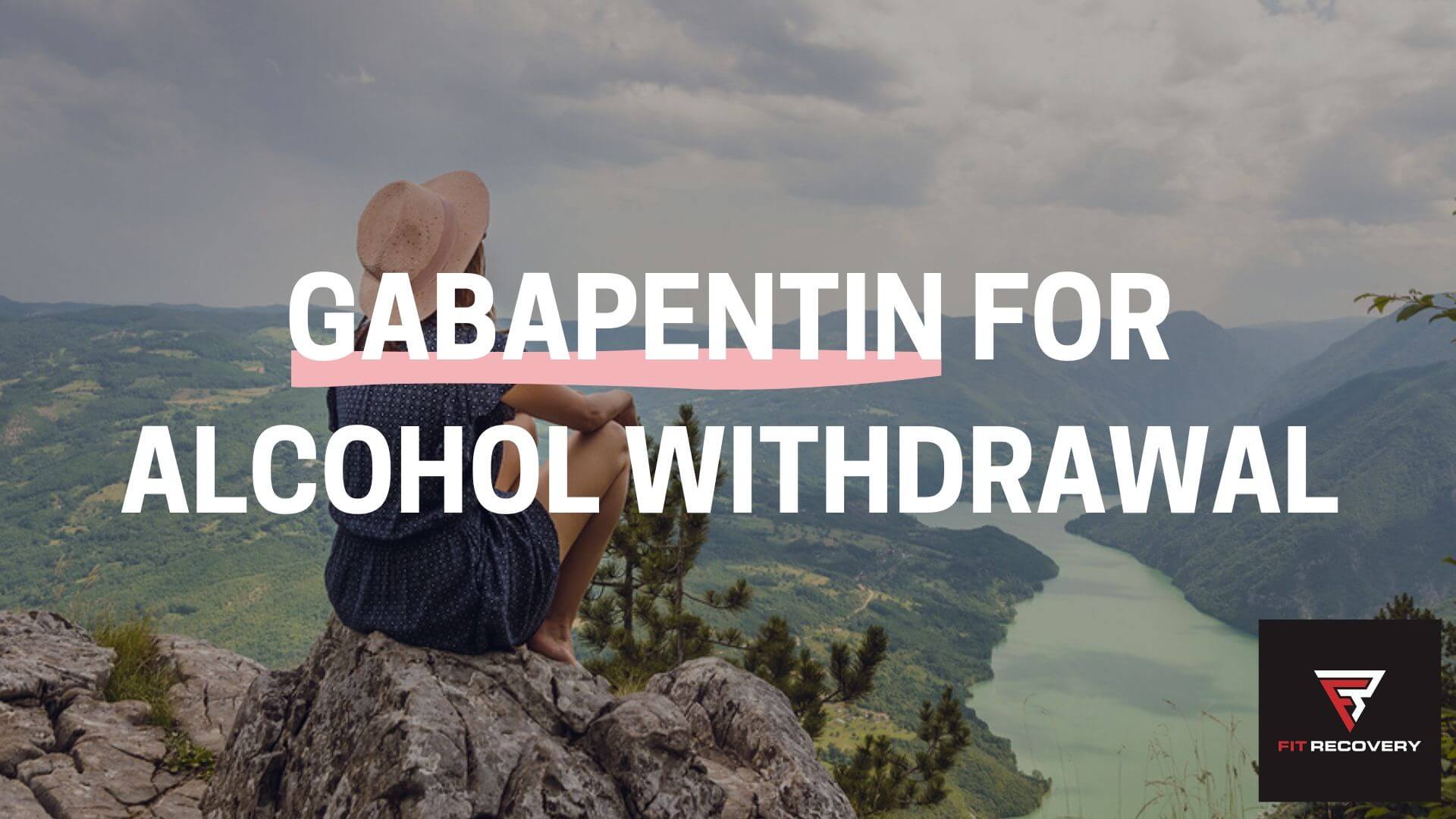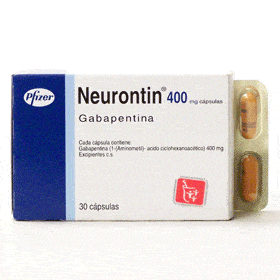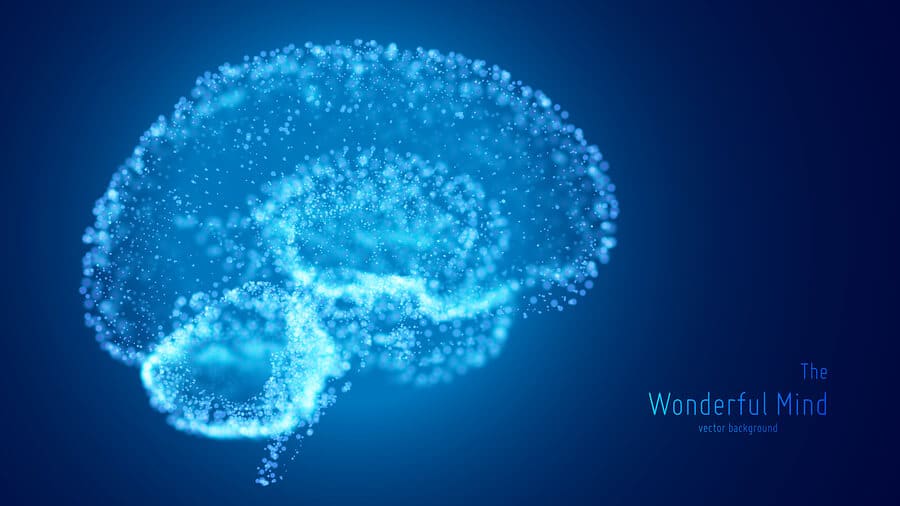In this article, you’re going to learn about alcohol and gabapentin. Over the past few years, a growing number of people have successfully used withdrawals. Gabapentin is an anticonvulsant medication that is available only by prescription. very similar in structure to GABA, which is a brain chemical associated with feelings of calm and mental stability. Many of the symptoms of withdrawal are caused by low levels of GABA.
A generic drug, and the most common brand name is called Neurontin. An extended-release version of gabapentin is prescribed under the brand Horizant. This medicine has been traditionally prescribed to treat:
- Epilepsy
- Nerve pain
- Restless leg syndrome
- Seizures
It has also recently been used to treat anxiety disorder, panic disorder, and a range of chemical addictions, including cocaine, opiates, and alcohol.
Overview
Alcohol with gabapentin as a substitute has shown to be effective at alleviating or preventing the following symptoms:
- Anxiety
- Insomnia
- Nausea
- Headache
- Heart Palpitations
- Panic attacks
- Sweating
This lifestyle works by increasing the production of GABA in the brain, essentially aiding brain cells that are too damaged to perform this crucial function.
It does this by modulating the action of two enzymes – one involved in the production of GABA, and the other involved in the production of glutamate, which is a stress chemical.
To understand the science behind using this medication for withdrawal, we will briefly review the causes of the symptoms.
Alcohol is a depressant that mimics GABA, and addiction causes the brain to decrease its long-term GABA production because it has learned to rely on the substance for the same effect.
Because this substance suppresses glutamate (the aforementioned stress chemical and “excitatory” neurotransmitter), the addict brain ramps up its production of glutamate. In the absence of the substance to calm down the brain, the addict feels hyperactive, hypersensitive, and panicked.
When they stops drinking suddenly, two important things happen:
- Glutamate rebounds to high levels within 3-8 hours
- GABA does not return to normal levels (this can take weeks)
Many of the symptoms of withdrawal are caused by a lack of GABA and an excess of glutamate.
While some people have used this for withdrawal and then tapered off, others have taken it long-term for cravings.
Continuing this medication after detox has helped many heavy drinkers reduce the chance of relapse. The trade-off is that long-term use of it can cause dependence.
Dosage Information
The following dosage information may be useful if you are considering taking gabapentin for withdrawal:
- Since it is a generic drug, dosage amount may vary depending on the brand and different brand name tablets are not interchangeable.
- 600-1800 mg per day is typically effective to mitigate symptoms.
- Studies have used 1200 mg tapering to 800 mg or 900 mg tapering to 600 mg.
- Larger doses (over 900 mg) are typically divided throughout the day.
- To avoid dependence, only take dosage as long as it is needed to manage symptoms – typically less than a week.
- There is no standard dosage; only a doctor can determine this depending on your situation.
- Only take this under the supervision of a doctor.
Before taking it, make sure to review the following:
- Overview
- Side effects
- Interactions
Research Studies
While gabapentin is not yet an FDA-approved treatment for alcoholism, a number of studies support the its use withdrawal and cravings:
- In a 12-day study detoxifying with either gabapentin or lorazepam (a benzodiazepine prescribed with the brand name Ativan), the former was less likely to drink – and had less craving, anxiety, and sedation.
- In a 12-week study of 150 alcoholics receiving either gabapentin or a placebo, the former had significantly less insomnia, dysphoria, and craving.
- This medication also reduced drinking intake for addicted rats but not for non-addicted rats, demonstrating its effectiveness for cravings by acting as a substitute source of GABA.
- It is comparable to clonazepam in its effectiveness for treating insomnia in depressed patients.
Alternatives
Not everyone can obtain gabapentin, since it must be prescribed by a doctor. It can sometimes be difficult to find a doctor who is open to prescribing it for withdrawal.
Besides benzodiazepines, which are the most commonly prescribed drugs for substance detox, there is an alternative for withdrawal known as baclofen.
Baclofen
Baclofen is another prescription drug that is structurally similar to GABA. Baclofen can be used to manage withdrawal symptoms.
Long-term, high-dose baclofen has also been used by a growing number of people to achieve a state of indifference toward substances.
Conclusion
While a little-known, this is a highly effective treatment that our medical establishment has all but hidden from patients. While not everyone responds well to it, a greater awareness of the use of this medication can improve recovery odds for many people.
There is no one-size-fits-all approach for detox and recovery. Most people who quit drinking are not enlightened about nutrient repair, other pharmacological options, or holistic strategies for improving quality of life.
Check Fit Recovery’s list of supplements that work best for supporting the brain-body system through alcohol recovery.
If you have any questions, please post them in the comment box below.
___________________________________
Dr. Ken Starr is board certified in both Addiction Medicine and Emergency Medicine, and diplomate of the American Board of Addiction Medicine. In addition to his work as the Addiction Medicine Director for Fit Recovery, he operates Ken Starr MD Wellness Group in Arroyo Grande, CA. His clinic offers advanced detox methods, long term recovery facilitation, and IV nutritional programs including NAD+ therapy.
FAQ:
How does Gabapentin work for alcohol dependence?
This medication works by increasing the production of GABA, the brain’s primary calming neurotransmitter. Since alcohol binds to GABA receptors, heavy drinkers develop a deficiency in GABA. It helps by affecting enzymes involved in producing GABA.
Does Gabapentin help with cravings?
It helps to reduce cravings by promoting calmness. People who use drugs to self-medicate for anxiety are often helped by gabapentin. Natural remedies such as L-Glutamine for cravings are also worth looking into.
Does Gabapentin with alcohol react?
Combining these two increases the chance of experiencing side effects from this drug. Drowsiness is the most common reaction. But a range of possible reactions can result from this combination, including sudden mood changes and dangerously slow respiration.
What should I avoid while taking Gabapentin?
Depressants should be avoided while taking Gabapentin. Antacids can also prevent absorption of it if taken within 2 hours of this drug.













This is my first day and the anxiety is horrible. I just took my second 100mg dose. Anything I can do to help the anxiety?
Hi Jamie, this article may help! You can get through it!
I’m just wondering do you need to taper of the alcohol and take the gabapentin at the same time or is it ok to just stop cold turkey? My hands shake everyday and my body twitches so bad and I’m so afraid I’m going to have a seizure like I did last time I stopped drinking.
Hi Diamond, quitting cold turkey is not advisable if you’ve had seizures in the past. If I were you, I would seek medical attention and get advice from a doctor on how to use the gabapentin. Best of luck to you!
I have severe alcoholism but they just keep pumping full of Ativan. Will this help with seizures? I’ve had 4 over the last 2 days
Hi John – yes, doctors do use Ativan to help mitigate the risk of seizures. Generally, patients are given a dosage that tapers down over a few days or more, depending on the severity of withdrawal. Good luck to you!
Hello Chris.Thank you for your life saving information.You truly deserve great success and great fortune. You are a life saver by posting all your research and experience in dealing the an alcohol addiction. I wish you great success and great health. God bless you.
Thank you Damian! I’m glad you’ve found useful information here. Best of luck to you.
I simply cannot believe how well this drug worked for me , it took away 90 percent of the most severest withdrawal symptoms. I had a whole bottle of the stuff left over from a car wreck I was in, and was just googling around for information for someone else and I decided to do the Gabapentin, and this page popped up , I almost dropped dead knowing I had something already in the house, 2 days and out, we who have been through withdrawals know it’s like passing into the gates of hell. I took up to 1800 each… Read more »
Amazing Arlene, thanks for sharing your experience! Definitely work with your doctor because like any drug that activates GABA receptors, gabapentin can cause dependence. Repairing your body and brain can help you get through PAWS.